LVMH, the holding multinational corporation and luxury specialized conglomerate, seems to be about to proceed with its latest acquisition in the fashion industry, and this time the selected target is none other than Ralph Lauren. If those that until today are just rumors and speculations will then be officially confirmed, it may represent a shocking turning point for either the French holding or the American apparel brand. But let’s be cautious and analyze the facts, outlining why this kind of move could be beneficial or, conversely, unsuitable for the two giants.
The first newspaper that spreaded the news was Axios, reporting about supposed and suspected “explanatory discussions” between LVMH and Ralph Lauren “over the past couple of years about a possible acquisition of the U.S. fashion brand”. Reliable sources close to the situation confirm, but no official statement has been released by any of the two parties yet, although they did not deny the contact. This appears to be a clear signal that something below the water is moving but, considering the magnitude of a certain operation and its consequences, both the luxury giant and the American label prefer to move cautiously towards the potential upcoming agreement.
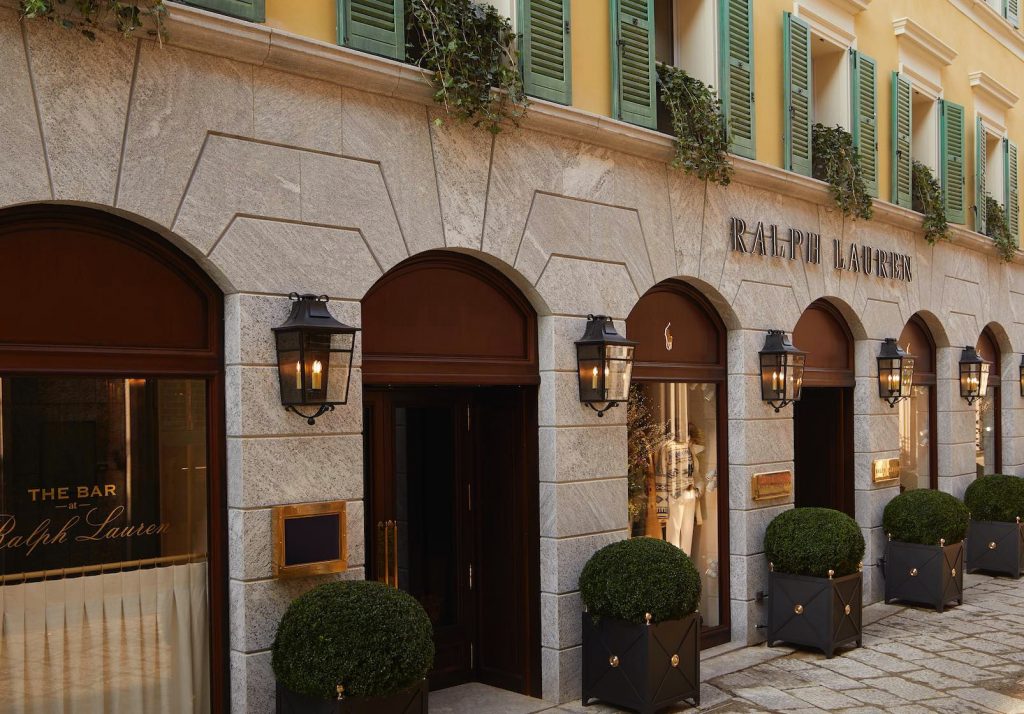
When a deal of this dimension is under observation, the first (and most relevant) question that should arise is: “What are the reasons and what kind of advantages justify the move?”
As concerns Ralph Lauren, the brand was founded back in 1967 by the eponymous owner Ralph Lauren (stage name of Ralph Lifschitz), who was inspired by timeless elegance and classic style. Although Mr. Lauren is no longer the CEO and strategic head of the company, he still holds the position of Executive Chairman and Chief Creative Officer within the company, besides being part of the Board of Directors and holding the majority voting rights. At the age of 82, Mr. Lauren is hence looking for a long-term strategy to ensure a successful succession and maintenance of the company after his retirement. Considering its dominant position in the market, LVMH would thereby represent a perfect partner not only to guarantee continuity to the label, but also to allow its further development.
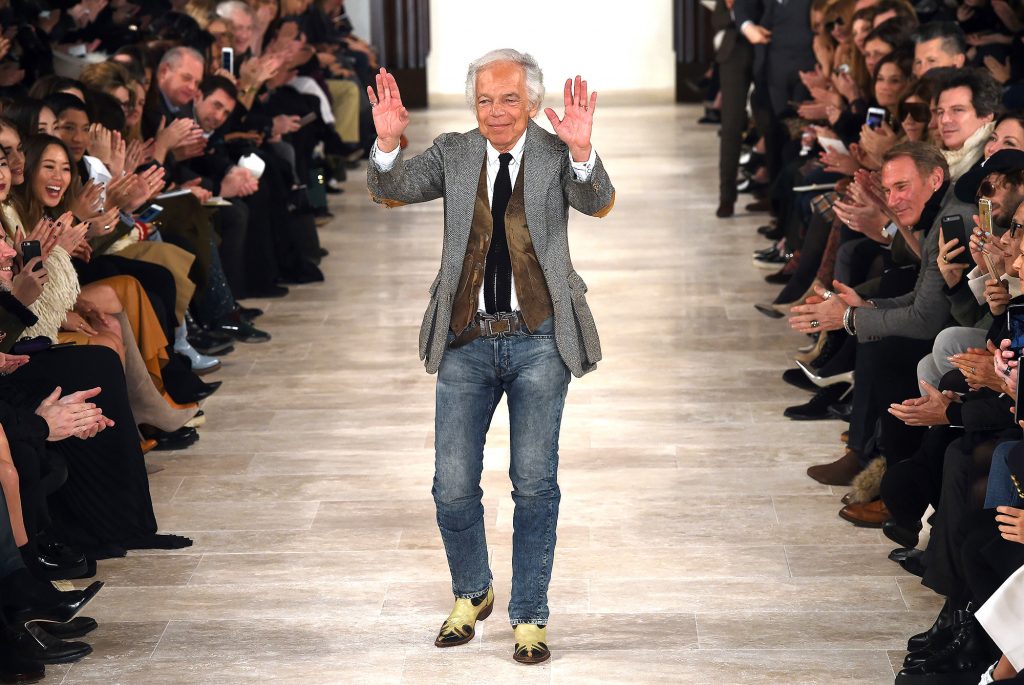
On the other hand, the deal opens up a more articulated yet intriguing reasoning about the position of LVMH. The holding’s empire knows no limits and in the latest years it has touched all the different fields of fashion, from streetwear to luxury, and again from footwear to beauty and jewelry. The 60% acquisition of Off-White, the recent investments on Aimé Leon Dore and, above all, the full incorporation of Tiffany & Co., are just a few examples of LVMH’s economic capacity. It is precisely this financial strength that allows the feasibility of the deal: the market capitalization for Ralph Lauren is settled around 9.2 billion dollars, while the value of LVMH exceeds the 360 billion dollars, with the latter bringing home more than 10 times the revenues of the American brand. All these numbers imply that LVMH is fully equipped to take over Ralph Lauren and it has the sufficient means to pay up to a 50% takeover premium, which is usually corresponded by the acquirer and represents a combination of value of control and value of synergies that result from the merger. Although the potentially high premium, according to Forbes and based on the EBITDA levels for both LVMH and Ralph Lauren, the acquisition would still allow the LVMH stock price to go up, thus ensuring an accretive deal. In a nutshell, the deal would be financially convenient for both parties.
Moreover, investors suggest that the bouncing news of this upcoming acquisition might be an intentional leak perpetrated by Bernard Arnault’s company in order to attract new bidders and, therefore, skyrocket the value of the Ralph Lauren group, which would ensure LVMH a significant advantage over its main rival Kering.
It hence seems that LVMH’s attempt to be one step ahead of its competitors in this potential deal is fierce. Why, then, is this much effort being put towards Ralph Lauren?
After suffering significant losses during the pandemic period, the brand currently led by Patrice Louvet is now experiencing a new life and is coming off the medical emergency stronger than before. Indeed, revenues hit 1.8 billion dollars for the third quarter of 2021, outperforming the results reached during the same period in 2019. Ralph Lauren is then exceeding all expectations, courtesy also of the digital boom that the label is having, with a 40% growth of its online channels and digital business. On the same path, RL is proving its fresh approach by constantly trying to interact with generation-Z customers through initiatives that stimulate an engagement process of the younger audience. That is why, for instance, the New York-based company heavily invested in the Metaverse, signing a partnership with Roblox and recently launching a holiday-themed collection in the parallel world, which turned out to be a massive success. Therefore, this rediscovered freshness made the brand extremely appealing to potential investors.
However, there is another reason that is pushing LVMH, namely the desire to expand its presence in the North American market. The shortage of big names in the fashion and luxury industry that are left for the taking in the European continent forced giants like LVMH and Kering to look across the Atlantic for potential expansion intents. Initially reluctant, the French holding experienced an enormous yet unexpected success after the acquisition of Tiffany & Co. in January 2021, and it is now willing to increase its sales in this fertile market which, according to research, is growing more than China.
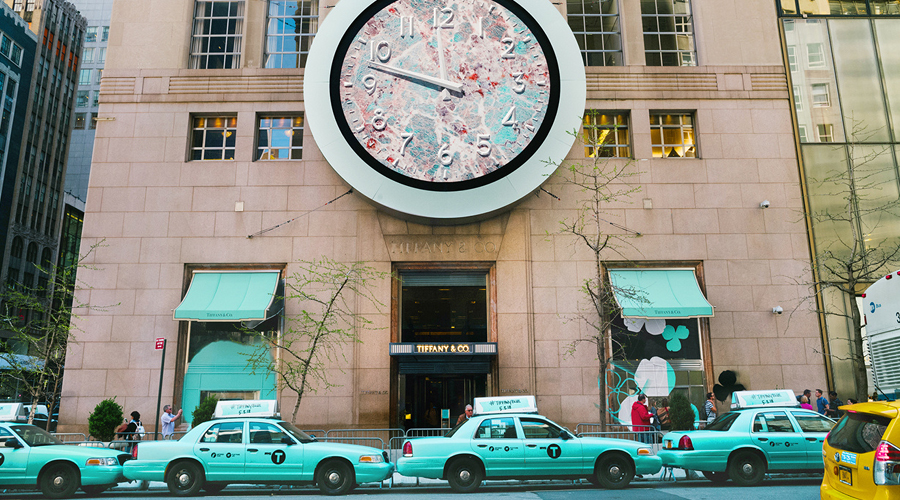
However, it is also crucial to consider the potential downturn that this move could generate. Indeed, although Ralph Lauren has a sub-label named Ralph Lauren Purple Label which is positioned on the high-end side of the market, the main part of the brand is focused on accessible and relatively cheap apparel, and it is often distributed through factory outlets. This approach is currently not aligned with the luxury philosophy of the LVMH group, and it would be crucial to define how to manage the transition for the American brand.
All in all, a deal of this magnitude necessarily implies detailed and focused reasoning, but moves from LVMH are expected soon.
By Mattia Segantin
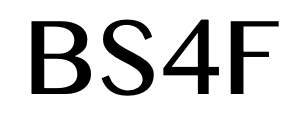
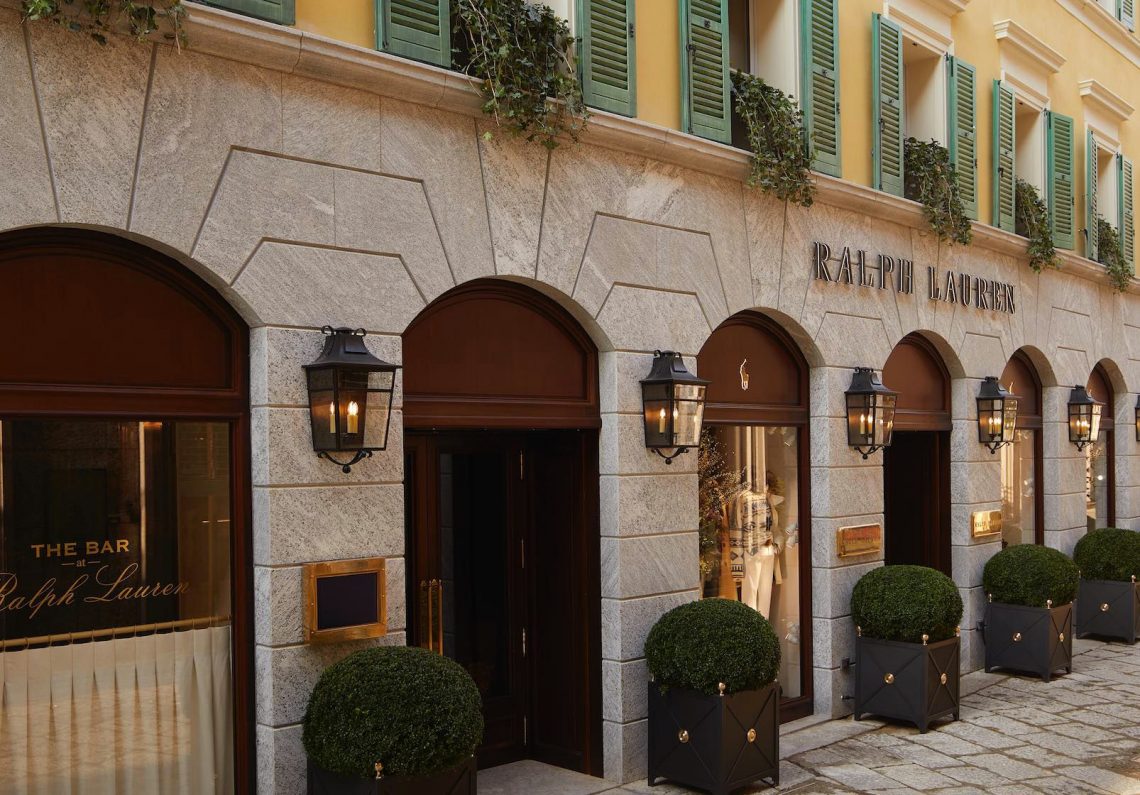


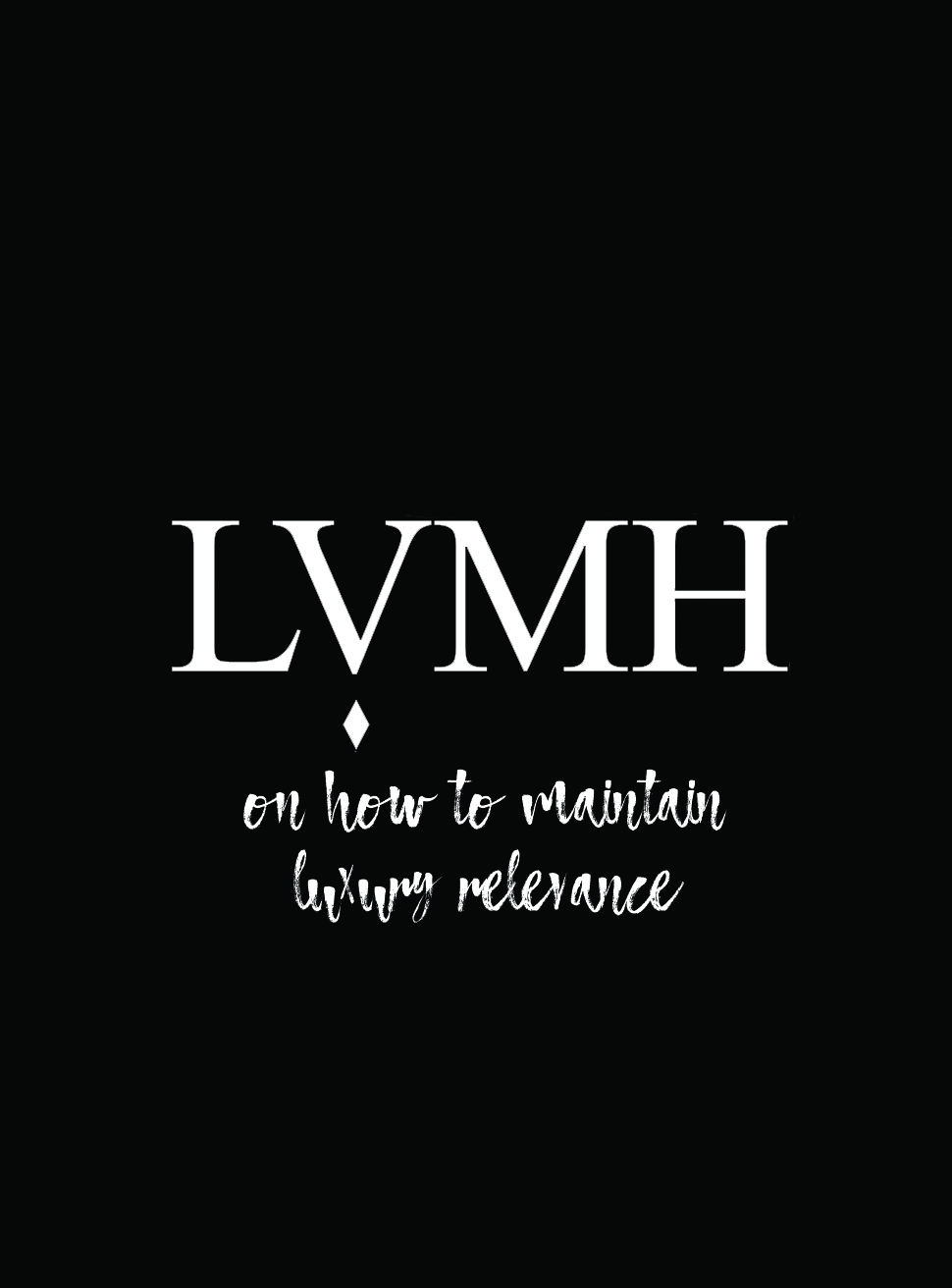


One Comment
quod.news
hello there and thank you for your info – I’ve definitely picked up something new from right here.
I did however expertise some technical points using this site,
since I experienced to reload the web site lots of times previous to I could get it to load
correctly. I had been wondering if your web hosting is OK?
Not that I am complaining, but slow loading instances times will sometimes affect your placement in google and could
damage your high quality score if advertising and marketing with Adwords.
Well I’m adding this RSS to my email and can look out for much more of your respective fascinating content.
Ensure that you update this again very soon.